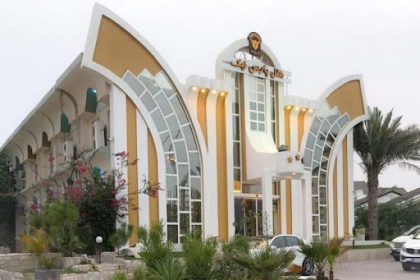With the end of the academic year in France and the beginning of summer, the peak time of tourism in this country is coming. According to Forbes, after the spread of the corona virus and the losses caused to global tourism, today, with the reduction of the risk of the pandemic, the French government plans to turn the wheel of this industry in the country again. The French tourism industry is a political and economic machine that includes from the Eiffel Tower to the corners of the villages that have small industries in them, and the French government annually spends a large amount of its income on the maintenance of historical centers and the introduction of tourist destinations.
To properly understand the impact of Corona on the French tourism industry, it is enough to look at the statistics of the arrival of 89 million tourists to this country in 2018. France was aiming to reach 100 million tourists by 2020, but the outbreak of an epidemic has completely eliminated this goal from the options.
With France’s ambitious plans gone, the only plan left is survival. On the 14th of May, the French government announced its plan to support the country’s tourism industry by presenting the Marshall Plan with an allocation of 20 billion dollars. The French Prime Minister says: “Tourism is facing the worst crisis in modern history and saving it is a priority at the national level.”
The package proposed by the Marshall Plan for the continuation of tourism businesses includes direct financial support, loans and tax and unemployment benefits.
Also, the government defined health standards for hotels and restaurants in order to create a sense of security among tourists, and the rules for canceling reservations were also made more flexible to encourage travelers so that hotel and ticket reservations are less risky for tourists.
Although borders are opening, forecasts indicate a low rate of international tourist arrivals in France. But at the heart of the French rescue program is a campaign called “I’m traveling to France this summer” designed to encourage and invite the French to travel in France. The aim of this campaign is to get the French out of their homes and go to a tourist destination in France.
Before the corona virus, France was the number one tourist industry and when this crisis ends, it will seek to regain its previous position. To do this, the tourism industry of this country is trying to use this opportunity to focus on the issue of peaceful travel and domestic travel in order to reduce the environmental impact and prepare the country’s industry for a world where epidemic diseases are normal and common.
RCO NEWS


















